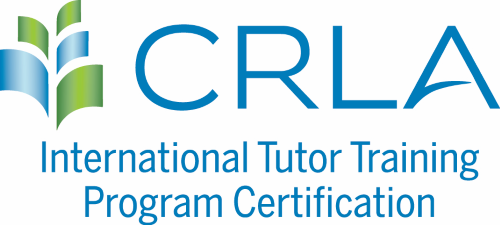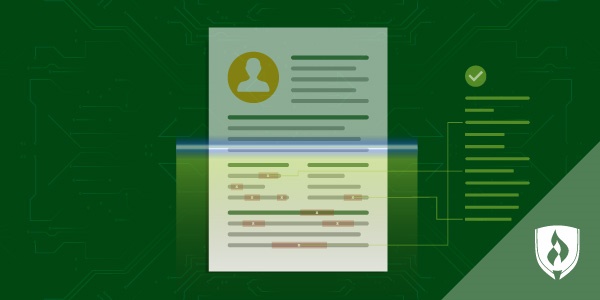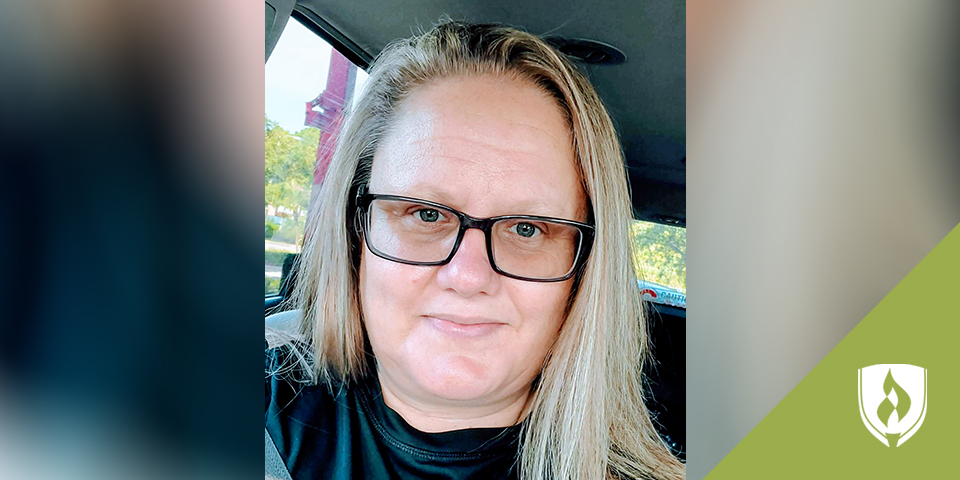Rasmussen University Tutor Program Receives International Recognition
By Sharon Rolenc on 02/01/2023
Student support is a point of pride for Rasmussen University, and its Peer Tutor program recently achieved Level 2 International Tutor Training Program Certification (ITTPC) from the College Reading & Learning Association (CRLA).
According to CRLA, out of 629 tutoring programs worldwide that are currently ITTPC certified, there are only 125 programs that have both Level 1 and 2 certifications.

“[Achieving Level 2 certification] is an indicator of quality within the tutoring profession and, as importantly, an excellent indicator of how dedicated our peer tutors are at Rasmussen,” says Dr. Brooks Doherty, vice president of Academic Excellence and Innovation at Rasmussen.
Rasmussen first secured Level 1 tutor certification, which requires 10 hours of training and 25 hours of tutoring experience per tutor, in 2013. Training covers the basics of tutoring, learning theories and study skills, time management, the privacy act (FERPA), and academic integrity.
Level 2 tutor certification doubles the required hours for both training and tutoring experience. Level 2 training delves deeper into metacognitive and psychosocial skills, like handling challenging situations, motivational techniques, assessing and identifying different learning styles and needs, intercultural communications, and understanding hidden bias.
“Our tutors get observed and evaluated every other quarter, and that's one of the ways we see that they're using the strategies and techniques that they learn about in training,” says Doherty. “By the time some of our tutors have graduated, some have completed hundreds of peer tutor appointments and 40 hours of training. The amount of time they invest is incredible.”
The depth of training pays off—for the tutors as well as the students seeking tutoring support.
“For the past three years, we've had 97% student satisfaction in our tutoring experience, and that is directly connected to how we train our tutors,” says Doherty.
Pre-Professional Benefits for Tutors
While prospective tutors often apply simply due to their desire to help other students, they don’t always realize the significant professional growth benefits of tutoring until they’re in the interview process.
That was certainly the case for Jewel Mende, a Rasmussen alum and former peer tutor who now serves as a learning services specialist for the university.
“I went in thinking, ‘oh, I'm going to help students.’ I had no idea that I was actually going to be helping myself grow as a professional,” she says.
Mende says she was terrified of public speaking, but the extensive training and support she received as a peer tutor was a game changer for her.
“I did not even like to pick up the phone to call someone, or even order a pizza—that's how bad it was. But, through tutoring, we had opportunities to co-present, build training materials and break through those fears of talking in front of other people and gain that confidence,” she says. “There are so many opportunities for you to work on skills that you might not have thought you needed and get the chance to actually work on them. I think that is huge.”
Doherty underscores how tutoring can help prepare students for professional success: “Being a tutor means that, upon graduation, you can list on your resume deep experience with leadership, collaboration, teamwork, goal-orientation, and other critical skills that employers in all professions care about. All that in addition to a very esteemed certification.”
Career Services offers a special webinar for graduating tutors called “Speaking to Your Skills” which includes how to highlight their tutoring experience in job interviews.
Connection and Community
Becoming a tutor also offers a great way for online students to create community.
“Tutoring is a way to do that, to be able to meet with other people, and feel more connected to your community,” says Mende.
Making a difference for other students has a way of sticking with you.
“Something we talk about in training is that you might not remember every single person that you meet with, but I can guarantee there’ll be one or two people in your time as a tutor or a peer educator that you’ll think about years down the line,” she says. “Maybe they were just vulnerable, and maybe you didn’t go deep into the content, but you were there, and you listened. You understood and you were compassionate, and it really made a difference in their lives.”
Mende adds that the sense of community is not just between tutors and their students.
“It’s also learning services, and advisors and admissions,” adds Mende. “It’s wonderful to see how everybody works together—and how Rasmussen doesn’t just want students to succeed, they want their employees to succeed as well and offer opportunities to continue to grow as professionals.”
It was that sense of community, and of making a difference in other students’ lives, that led Mende to changing majors, pursuing her graduate degree at Rasmussen and returning to the field as a student services professional.
Tutoring Resources
Interested in tutoring? Read the FAQ on how to become a tutor and visit the Work Study Guide to apply.
Students are eligible to tutor in a course as soon as they finished the course with a grade of A or B.
Need tutoring assistance? Rasmussen students can sign up for a tutor session using Brainfuse through their student portal.
Students are encouraged to set themselves up for long-term success by seeking tutoring help early during their program’s foundational courses.
“One of the misconceptions is that tutoring is for students who are struggling, and that's not true. See a tutor so you don't struggle,” says Doherty.




![What Did You Want to Be When You Grew Up? [Survey]](/images/rasmussenlibraries/blogs/newscenter/2014/college-life-when-i-grow-up-blog-m.jpg)
